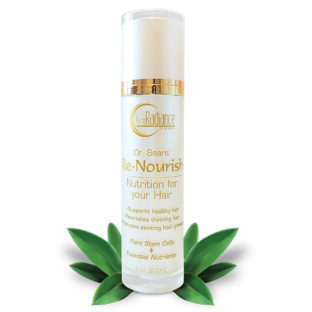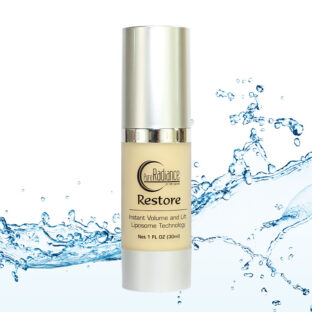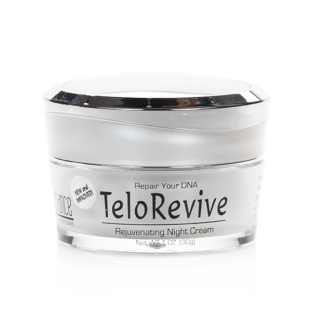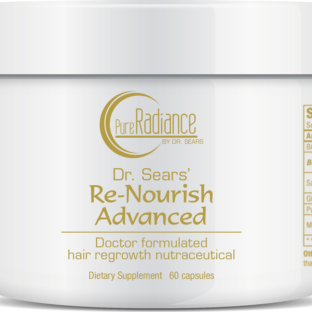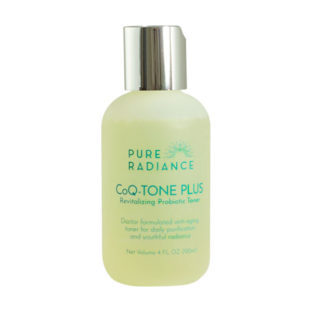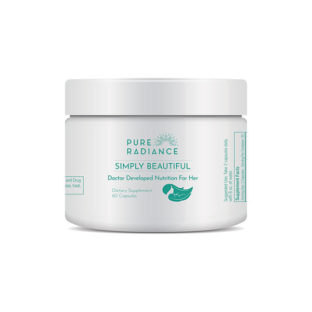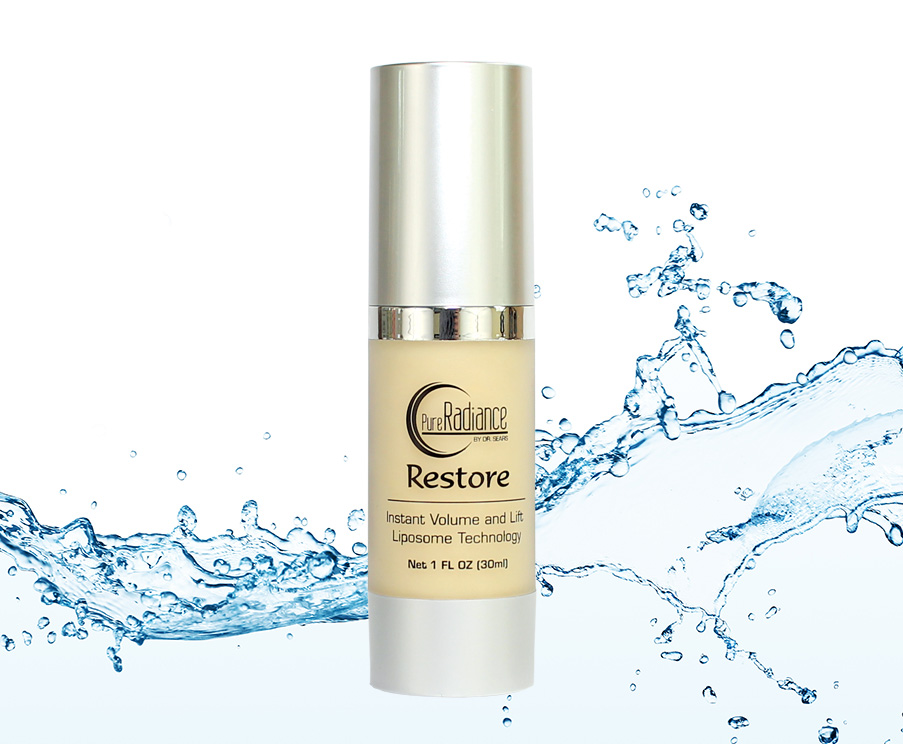Vitamin C skin-care products are all the rage today. These products are advertised to clarify the skin using protective antioxidants for an instant glow. The use of topical vitamin C is supposed to reduce fine lines, wrinkles and sunspots and support healthy skin regeneration.
Vitamin C applied topically has been proven to protect the skin from damaging free radicals as a result of sun exposure. Vitamin C will support the healthy structure of the skin to help your complexion age naturally and rejuvenate skin that has already been damaged by outside elements.1
While these are wonderful benefits that so many of us are looking for in anti-aging skin care, topical vitamin C products pose one little-known issue. Vitamin C as a product ingredient is highly unstable. That doesn’t mean that topical vitamin C can’t benefit your skin, but it can quickly oxidize when exposed to air over and over again.
And when vitamin C oxidizes, it loses its skin protection benefits and can actually cause free radicals to form.
What many people don’t realize is that the majority of topical vitamin C products out there oxidize during manufacturing. The products may be exposed to air before being packaged and sealed, meaning that they’re completely ineffective and even harmful by the time they hit the shelves.
Topical vitamin C cream in a jar is the most unstable packaging method. You will be exposing the product to air every time you open it. It’s best to buy topical vitamin C in a pump to prevent oxidation.
To find a potent vitamin C product that hasn’t oxidized, a product package should be opaque. The product itself should be white or off-white in color. If a product has turned dark yellow, then it’s already too late.
Even better, support your skin from the inside with healthy doses of vitamin C from the foods you eat. Eating more vitamin C-rich foods will give your skin the natural antioxidant protection it needs to prevent fine lines, wrinkles and age spots from the inside out.
Vitamin C can be found in foods like:
 |
|
Give your skin the natural antioxidant protection it needs by eating fruits such as guava, kiwi, papaya and oranges. |
- Citrus Fruit: Fruits like grapefruit, oranges and tangerines contain up to 70 mg of vitamin C per serving. This powerful antioxidant will boost collagen, calm inflammation and protect healthy cells from damage.1
- Cantaloupe: Cantaloupe contains 29 mg of vitamin C per serving.
- Guava: While citrus fruits may be the most well-known sources of vitamin C, guava packs a powerful punch with 165 mg of vitamin C per serving.
- Kiwi: Kiwi is also an excellent source of vitamin C at 162 mg per serving.
- Camu Camu: Camu Camu is a rich source of vitamin C at 2,700 milligrams per 100 g. It has 60 times more vitamin C than an orange!
- Papaya: Papaya has 62 mg of vitamin C per serving.
I would recommend at least 1,000 mg of vitamin C per day – both from your diet and from a supplement.
You can make a quick vitamin C serum at home with 1 teaspoon Camu Camu powder, 1 teaspoon distilled water, and 1 teaspoon vegetable glycerin. Mix the ingredients together and store in an opaque pump jar for the best results.
Your best plan of action is to start rejuvenating your skin with vitamin C from the inside first. Then you can use all-natural products that contain vitamin C to protect your skin even more from sun exposure and outside free-radical damage. Just make sure to choose properly packaged products so that you know the vitamin C in the product is pure and viable.
Best Wishes for Health and Beauty,
Tara Smith, ARNP, NP-C
|
[Ed. Note: Tara Smith, ARNP NP-C, is a board-certified nurse practitioner. Her medical concentration is on aesthetics, teaching and family practice. Tara is conducting research trials into novel ways of naturally boosting the human growth hormone and working on a new book on anti-aging for women.] |
1 Farris, P.K., “Topical vitamin C: a useful agent for treating photoaging and other dermatological conditions,” Dermatologic Surgery 2005;31(7 pt 2): 814-17


